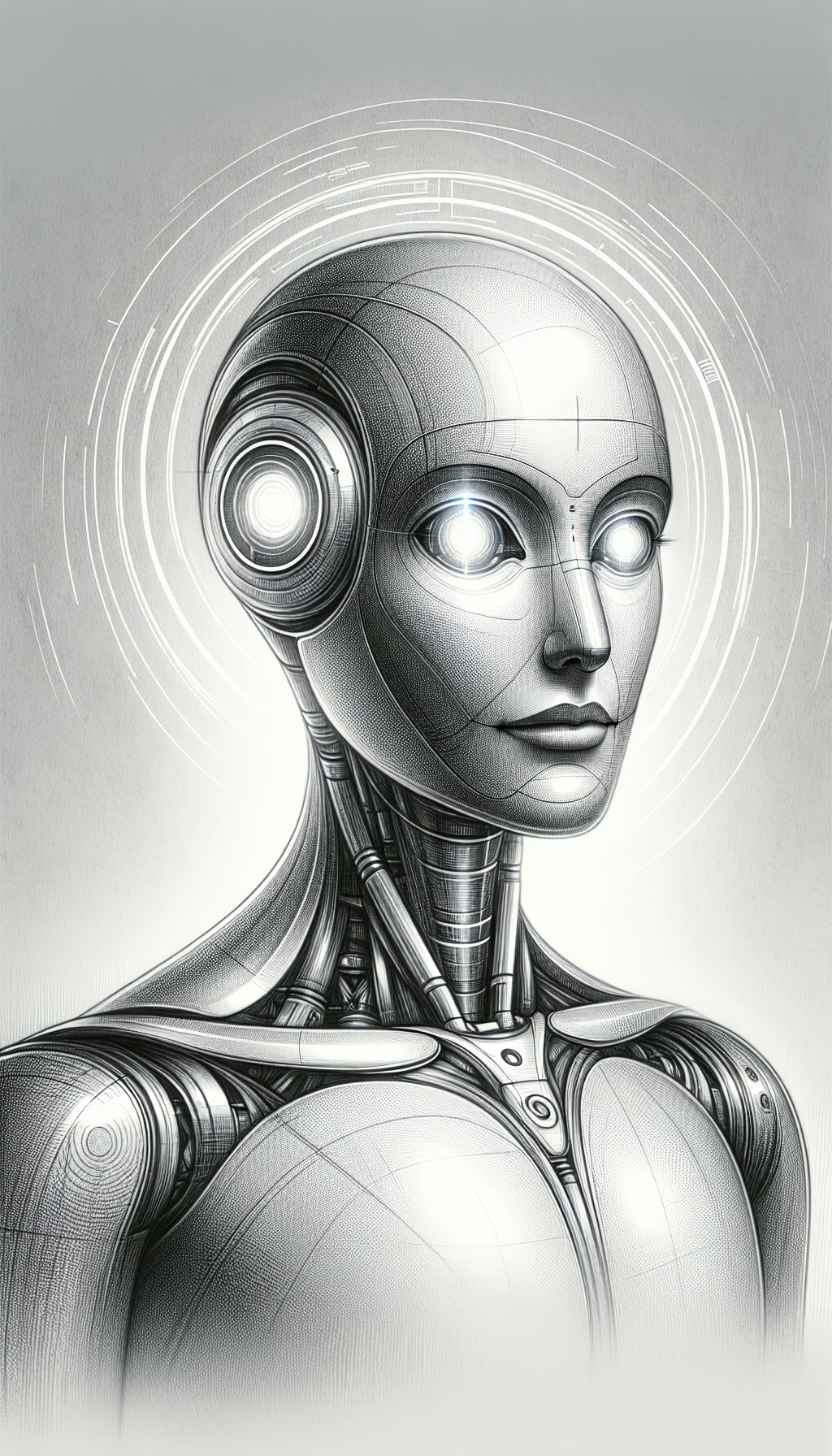Artificial Intelligence (AI) has revolutionized various industries and the healthcare sector is no exception. The impact of AI on healthcare is transformative, to say the least.
From predictive analytics and precision medicine to patient care and health data management, AI is redefining the future of healthcare in unprecedented ways.
The advent of AI in healthcare has given rise to a new era of predictive analytics. Predictive analytics leverages AI and machine learning algorithms to analyze vast datasets, allowing experts to anticipate potential health risks and identify disease patterns. This predictive capability is proving invaluable in delivering proactive care and reducing hospital readmissions.
Furthermore, it is currently playing a crucial role in identifying at-risk individuals, thereby enabling early intervention and prevention of severe health conditions.
Another significant stride in healthcare made possible by AI is the rise of precision medicine.

By harnessing AI’s computational power, precision medicine is striving to tailor treatment plans based on an individual’s unique genetic makeup, lifestyle, and environmental factors. This personalized approach leads to more effective treatments and better patient outcomes.
AI’s influence is not only limited to predictive analytics and precision medicine.
It’s also leading the charge in improving patient care. AI-powered chatbots, for instance, have been making waves in the healthcare industry. These chatbots, equipped with natural language processing capabilities, can interact with patients, answer their queries, and even monitor their health parameters. By providing 24/7 assistance, these AI-powered tools are enhancing patient engagement and ensuring that crucial healthcare information is available at all times.
In terms of health data management, AI is a game-changer.
With the exponential increase in health data, managing and analyzing these records has become a daunting task.
However, thanks to AI, healthcare providers can now effectively organize, analyze, and utilize this data. AI algorithms can sift through millions of records, extract relevant information, and provide meaningful insights that are key to informed decision-making.
However, the integration of AI in healthcare also poses certain challenges.
Data privacy is a major concern, given that AI systems need access to vast amounts of sensitive patient data. Ensuring the security of this data is paramount. Similarly, the issue of AI interpretability arises. For AI to be trusted, healthcare professionals and patients alike must understand how it reaches its conclusions.
Despite these challenges, the benefits of AI in healthcare far outweigh the potential drawbacks. With ongoing research and advancements, it’s clear that AI is here to stay and will continue to revolutionize healthcare.
So, what does the future hold for AI in healthcare? While it’s impossible to predict with certainty, it’s safe to presume that AI will continue to innovate and improve healthcare delivery.
Predictive analytics, precision medicine, improved patient care, and efficient health data management are just the tip of the iceberg. As AI continues to evolve, we can expect to see more groundbreaking advancements that will redefine the healthcare landscape.
The integration of AI in healthcare is a testament to how technology can be harnessed to improve human life. It’s a testament to our capacity for innovation and our relentless pursuit of better health. As we delve deeper into the realm of AI and its potential, one thing is clear: the future of healthcare is bright, and AI is leading the way.